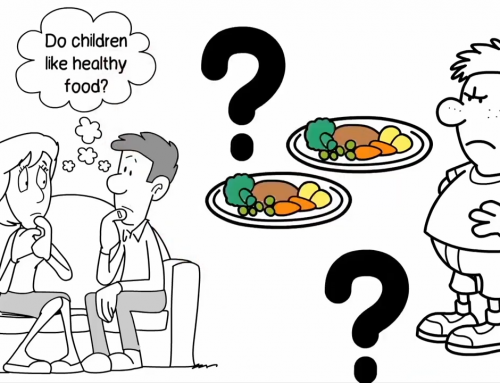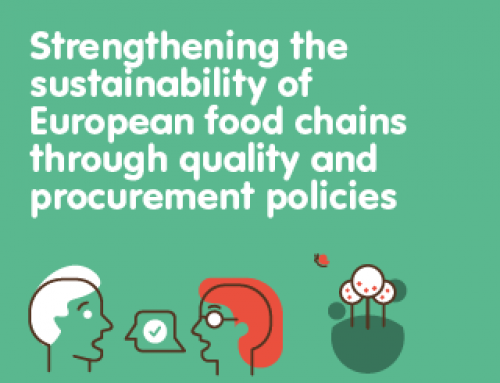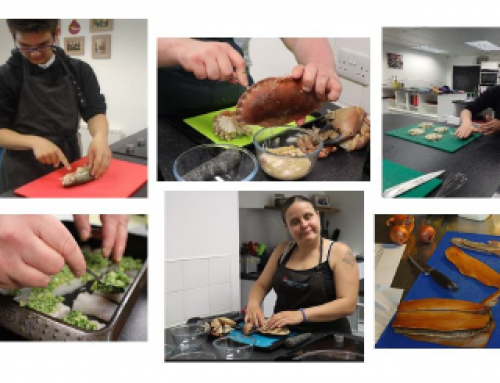Responsible Partner: Warsaw University of Life Sciences (SGGW)
Authors: Malak-Rawlikowska A., Majewski E., Wąs A., Gołaś M., Kłoczko-Gajewska A., Borgen S. O., Coppola E., Csillag P., Duboys de Labarre M., Freeman R., Gentili R., Gorton M., Hoàng V., Kuraj S., Lecoeur J-L., Mai N., Menozzi D., Nguyễn Quỳnh A., Saidi M., Tocco B., Torjusen H., Török Á., Veneziani M., Vittersø G., Wavresky, P.
Date of Publication: February 2019
The main objective of this report is to assess the economic, social and environmental impacts of Short Food Supply Chains (SFSC) on rural territories.
The first observation concerns the fact that individual producers participate simultaneously in several, short and long chains. This creates a dimension for hybridity – whereby producers participate in a mix of supply chains, combining different production methods and distribution paths. The study confirms that participation in SFSC is beneficial for producers from a strictly economic perspective. Short chains provide a relatively high Price Premium since they allow to capture a large proportion of margin, otherwise realized by different intermediaries. Producers’ self-evaluation of different chains and their bargaining power within different channels were examined in the context of the social sustainability dimension. The results suggest that short chains appear to perform noticeably better compared to longer chains. Moreover, SFSC seem to promote gender balance due to greater employment of women in the preparation of sales and sales activities in contrast to long chains, where the role of women in distribution is rather limited. Taking into account both economic and social advantages, the evidence suggests that SFSC may be particularly advantageous for small and medium scale producers who may have often a difficulty accessing long, conventional food chains otherwise.
Click here to see the full report
Results of this work are now available in the open access journal of Sustainability.







